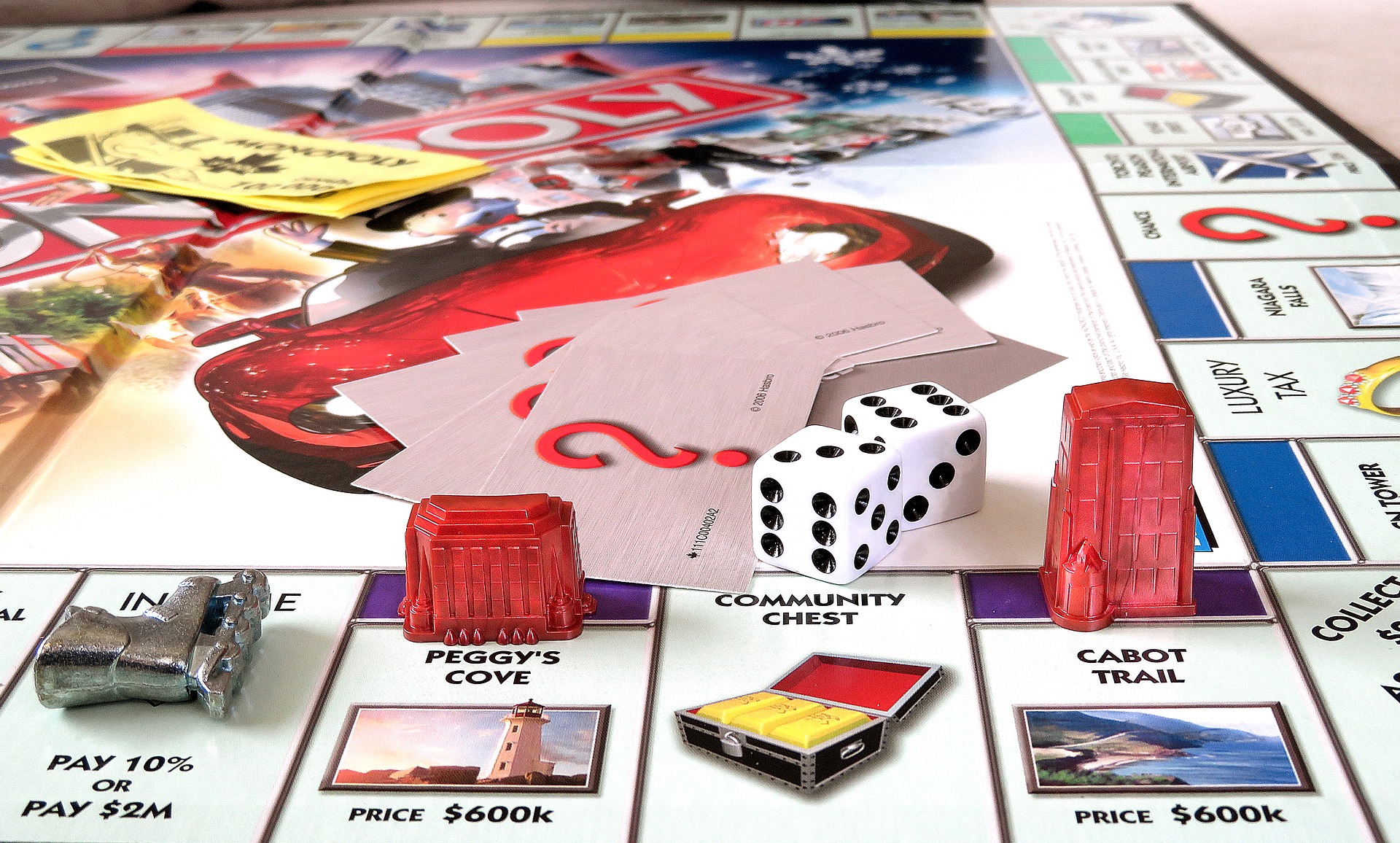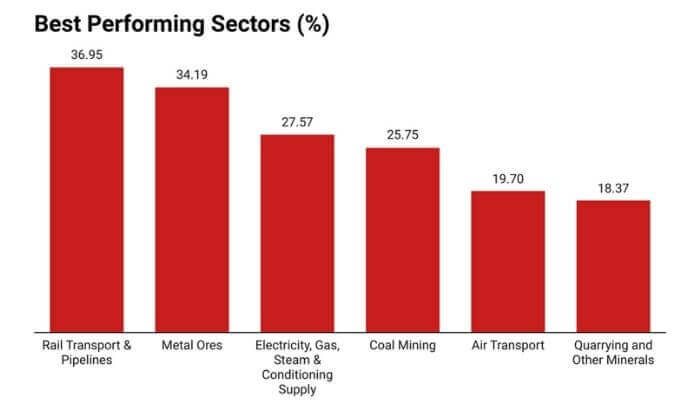Published May 16th. 2020
Monopoly
is a term derived from the Greek words: mono
(alone or single) and polein (to
sell). This term as described by economists is when an individual or enterprise
has the sole right to supply a particular good or service in a given
environment. Like NITEL, from 1958, was the sole distributor of
telecommunication services in Nigeria before the arrival of the Global
Satellite System Communication (GSM) in 2009.
The
term monopoly was coined into a board game by Elizabeth Magie when she invented
the game called The Landlord’s Game,
which gained patent in 1904. The whole idea was to explain the ill effects of
the economic caused by land monopolism and the use of land value tax. However,
in 1933, a modernized version of this game was created by Charles Darrow and
was named Monopoly.
If
you are familiar with Monopoly, you
will realize it is a board game, which consists of 40 spaces containing 28
properties (22 colored streets, four railway stations and two utilities), three
Chance spaces, three Community Chest spaces, a Luxury Tax space, an Income Tax
space and the four corner squares: GO, (in) Jail/Just Visiting, Free Parking
and Go to Jail. It contains a deck of 32 Chance and Community Chest Cards and a
pair of six-sided dice and etcetera (see a Monopoly to have full detail).
When
it comes to playing this board game, each player begins the game with a token
on the Go Square, move around the game board, buying or trading properties,
developing houses and hotels and collecting rent from opponents. The ultimate
goal is to drive the opponents into bankruptcy and out of business.
A
lot of people hilariously play the game of Monopoly
for hours laughing and screaming at each other, hoping a winner will emerge at
the end of the game. And when they are done with the game, the philosophy and
practical application of the game are left behind on the board and they embrace
the real world without the slightest idea that the game is a typical version of
the real world.
Yes,
the game Monopoly is a typical
version of how you should make and spend your money in the real world. You must
understand that you may start your journey to financial freedom with the little
(token) that you have by finding a good job, starting your own business or
leveraging on multilevel network marketing. It is a case of risk; you will
either become successful or not, which is like throwing the pair of dice on the
board game. Your master plan to financial freedom, like in the board game, is not
to earn money and spend it unwisely. But earn money and rightly invest on valuables
(financial vehicles, most especially rental properties) that should become
sources of passive income for you. The ideology of the board game, Monopoly, is to teach you a unique
strategy on how you can wisely let your money do all the hard work on your
behalf.
Like
the cliché from financial or investment consultants “You should not work hard
for money, but let your money work hard for you.” So the secret of the game is
to teach you how to effectively put your hard earned money to work. And the
best way to do that according to the game is to start by acquiring small rental
properties.
Now
in the real world, you can start your journey to financial freedom by acquiring
a small house in a less developed neighborhood and then turn it into a rental
property, making sure the passive income from this your first investment is
going into an investment account. Your next goal should be to acquire another
smaller property and another and another until your smaller properties can give
you enough passive income to acquire a bigger property in a well developed
neighborhood.
I
will conclude with the story of one of my mentors who started his own journey
by setting up a business on a small property in an under developed community in
Ikorodu, a city in Lagos. He would
later acquire three smaller properties, sold them to acquire a bigger property
in the prime area of Palm Groove, a
decent area of Lagos. After seven years, he moved to Awolowo road at Ikoyi and
today, he had acquired his dream home in Banana Island and owned several rental
properties in prime areas around Lagos. He simply took the practical lesson
from the board game, Monopoly, and
applied it in the real world. So, when next you are playing the Monopoly, don’t play it to emerge as a
winner. Rather play with the intention of learning the hidden strategy on how
you can attain financial freedom in the real world.














